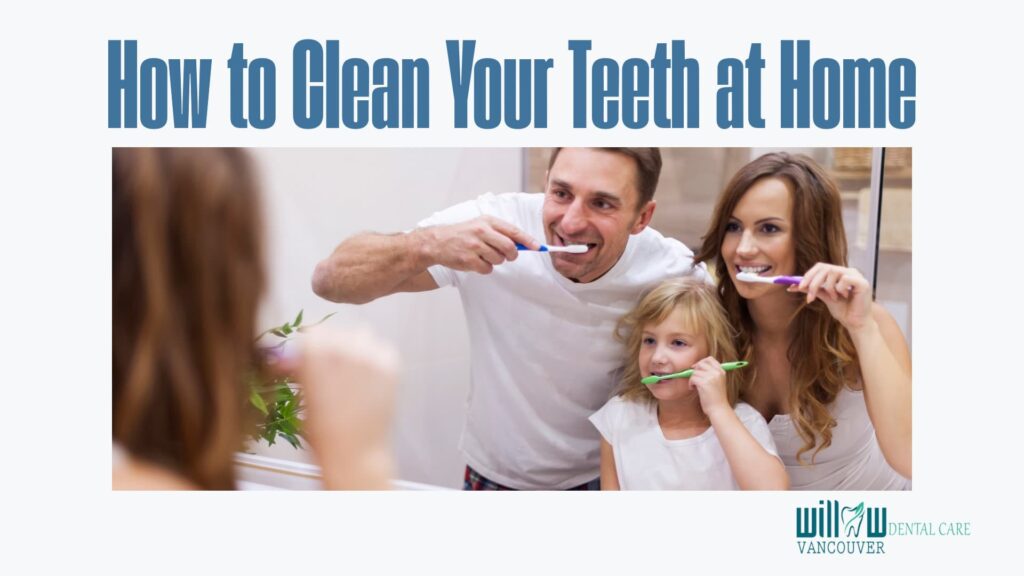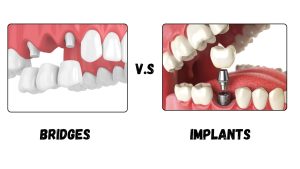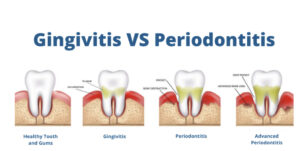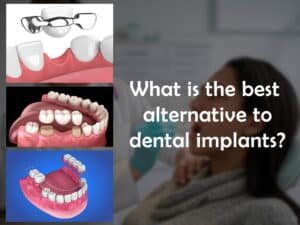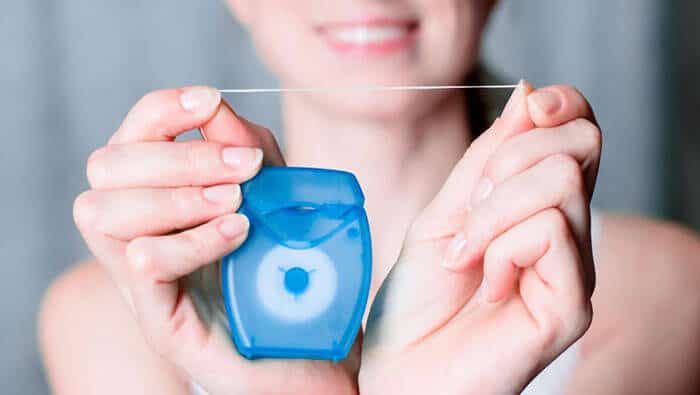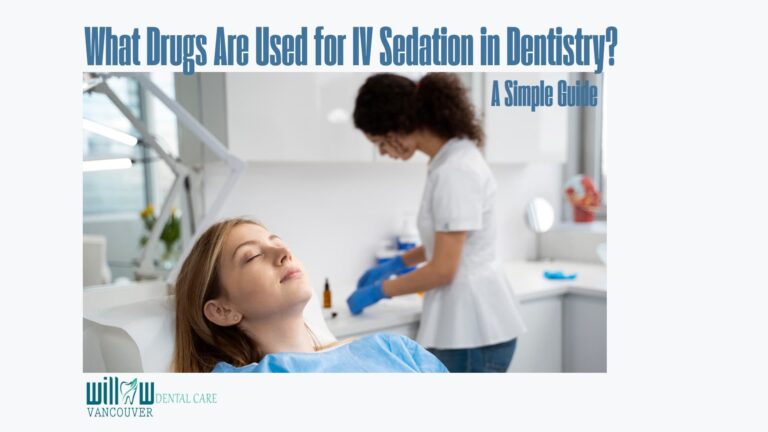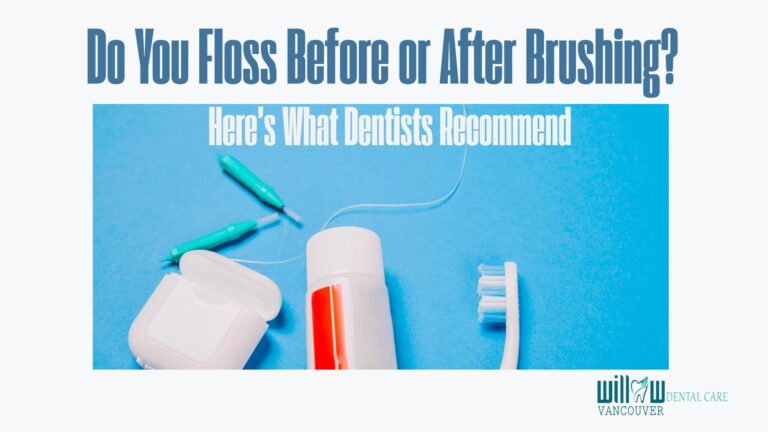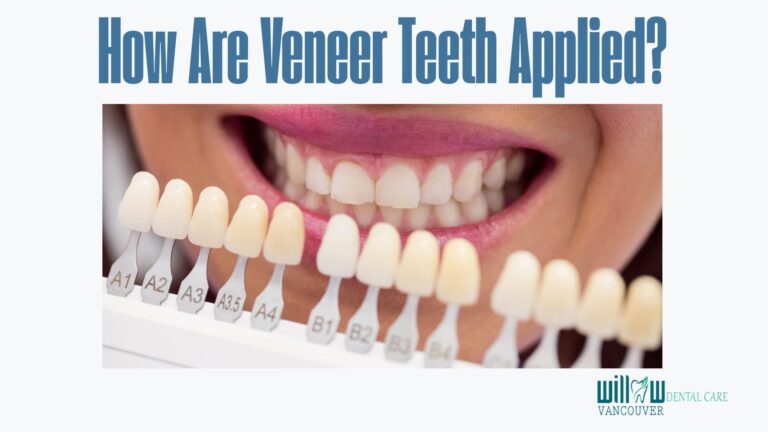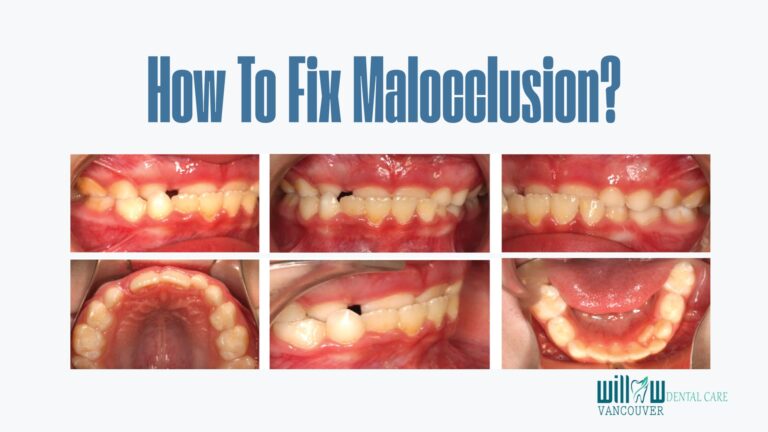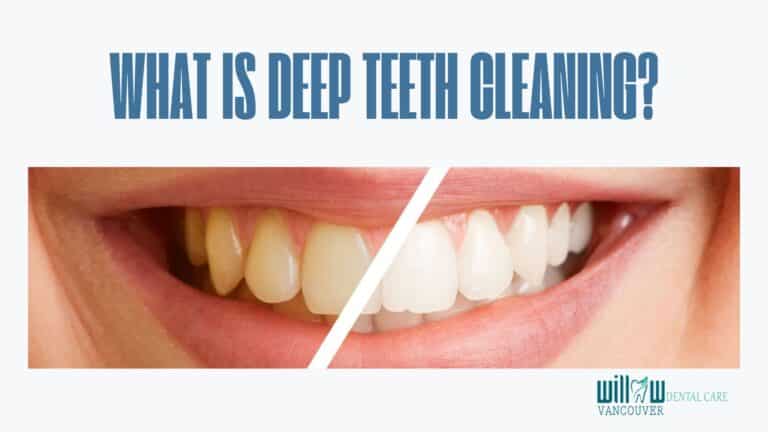Maintaining good oral hygiene at home is essential not only for your dental health but for your overall well-being. Regular and thorough teeth cleaning prevents cavities, reduces gum disease risk, and ensures fresh breath. Although most individuals can maintain good oral hygiene through consistent daily care, there are occasions when professional dental intervention becomes necessary. If you encounter dental concerns that exceed your home care routine, Willow Dental Care, a trusted dental clinic in Vancouver, provides professional cleaning and dental services to keep your teeth in excellent condition.
Why Proper Teeth Cleaning at Home Matters
Consistent home dental care helps significantly lower the risk of developing cavities and gum disease by controlling plaque and bacterial growth. Effective oral hygiene routines also contribute positively to your general health, as poor oral health has been linked to various systemic diseases, including heart disease and diabetes. Proper teeth cleaning also ensures that you maintain fresh breath and a bright, confident smile.
Step-by-Step Teeth Cleaning Guide
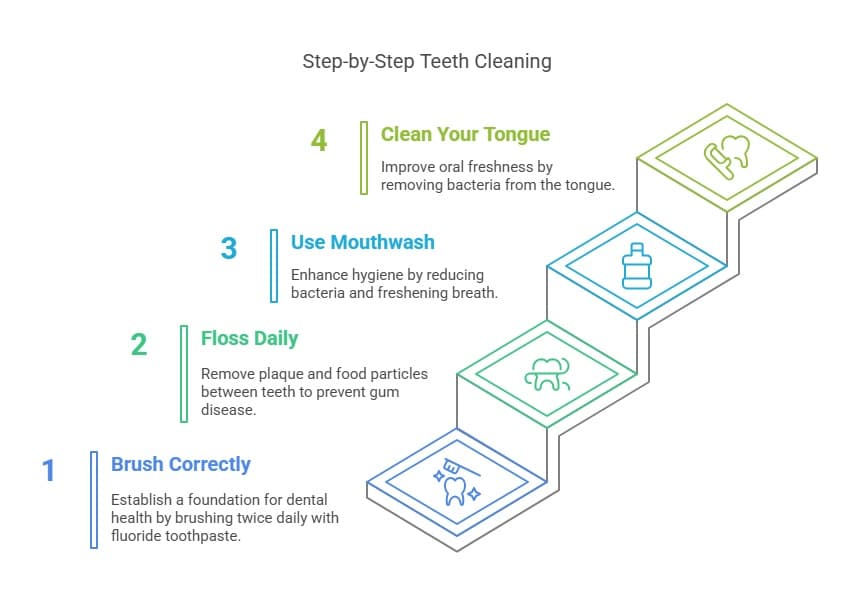
Step 1: Brush Correctly
Brushing your teeth correctly is foundational to dental health. Aim to brush your teeth at least twice a day, spending about two minutes during each session. Choose a fluoride toothpaste, as fluoride actively strengthens your tooth enamel and helps protect your teeth from decay. Use gentle, circular motions to cover all surfaces of your teeth thoroughly, including the chewing surfaces and the areas along your gumline, as these are common spots where plaque accumulates.
Step 2: Floss Daily
Flossing daily is essential as it removes plaque and food particles lodged between your teeth—places your toothbrush can’t effectively reach. Proper flossing reduces your risk of gum disease and tooth decay significantly. To floss correctly, gently slide the floss between your teeth, wrapping it in a curved “C” shape around each tooth. Move the floss gently up and down, avoiding aggressive snapping motions that could injure your gums.
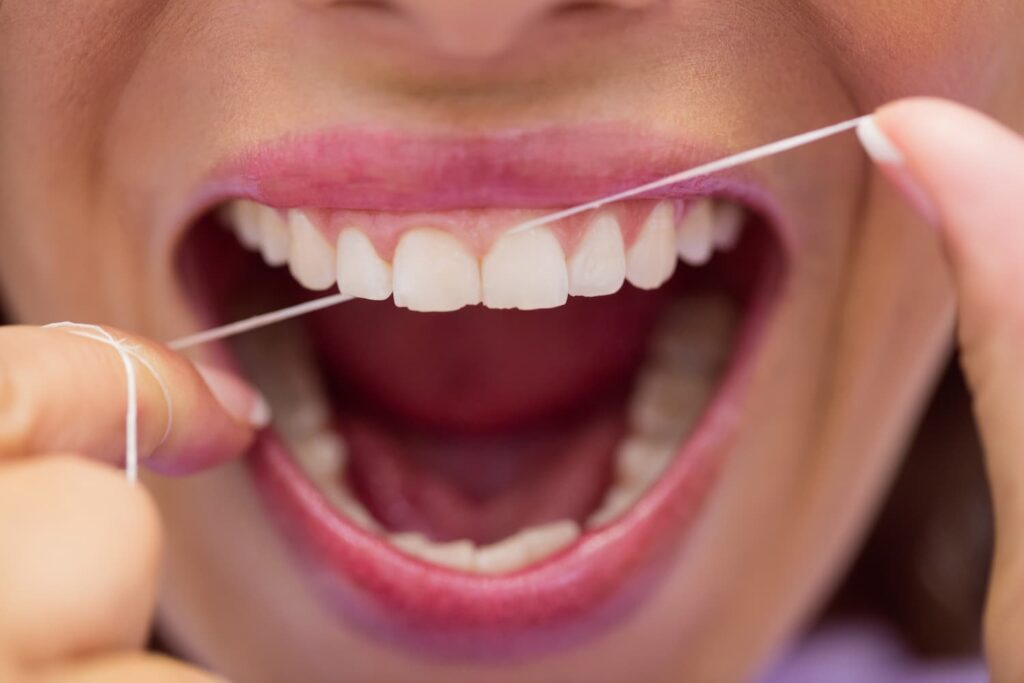
Step 3: Use Mouthwash
Adding mouthwash to your oral care routine can enhance your dental hygiene efforts. Mouthwash can effectively reduce bacteria, prevent cavities, and freshen your breath. If you have sensitive gums or mouth tissues, opt for an alcohol-free mouthwash to avoid potential irritation. Using mouthwash regularly can also help you reach areas of your mouth that brushing and flossing alone may not adequately clean.
Step 4: Clean Your Tongue
Cleaning your tongue is often overlooked, but it plays a critical role in maintaining oral hygiene. Your tongue harbors bacteria that can cause bad breath and contribute to overall bacterial load in your mouth. Gently clean your tongue each day using a toothbrush or a specialized tongue scraper to effectively remove bacteria and debris, significantly improving your oral freshness.
Dietary Tips for Healthy Teeth
Diet significantly affects oral health. Reducing your intake of sugary foods and acidic beverages is important, as these substances can cause enamel erosion and promote tooth decay. Incorporate foods that naturally benefit dental health, such as crunchy vegetables and fruits like carrots, apples, and celery, as these foods can help mechanically clean your teeth. Additionally, calcium-rich foods like cheese and yogurt help strengthen tooth enamel. Drinking plenty of water throughout the day helps maintain saliva production, rinses food particles away, and keeps your mouth hydrated.
Common Teeth Cleaning Mistakes
Being aware of common dental hygiene mistakes can help you avoid unnecessary oral health issues. Brushing too aggressively can damage your gums and erode tooth enamel, leading to sensitivity. Skipping flossing altogether allows plaque and bacteria to accumulate between teeth, significantly increasing the risk of gum disease and tooth decay. Additionally, using an old, worn-out toothbrush reduces brushing effectiveness—it’s best practice to replace your toothbrush every three to four months or sooner if bristles become frayed.
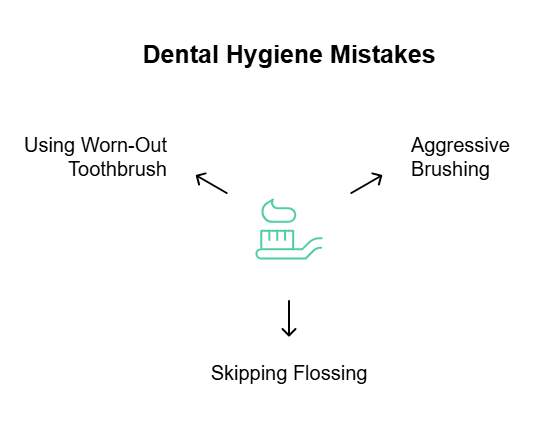
When to Visit the Dentist
Regular dental check-ups remain crucial, even with thorough home dental care. Some oral health issues may not be immediately noticeable or painful at first. Routine dental visits allow professionals to detect and address early signs of cavities, gum disease, oral infections, or other dental health issues before they escalate. Regular dental check-ups and examinations ensure optimal oral health and can significantly reduce the likelihood of complex and costly treatments down the line.
Brightening Your Smile
Teeth naturally become discolored or stained over time due to certain foods, drinks, aging, or lifestyle choices like smoking. If you desire a brighter smile, professional teeth whitening is a safe and highly effective solution to restore your teeth’s brightness. Unlike over-the-counter products, professional treatments are tailored specifically to your needs, ensuring both safety and noticeable results.
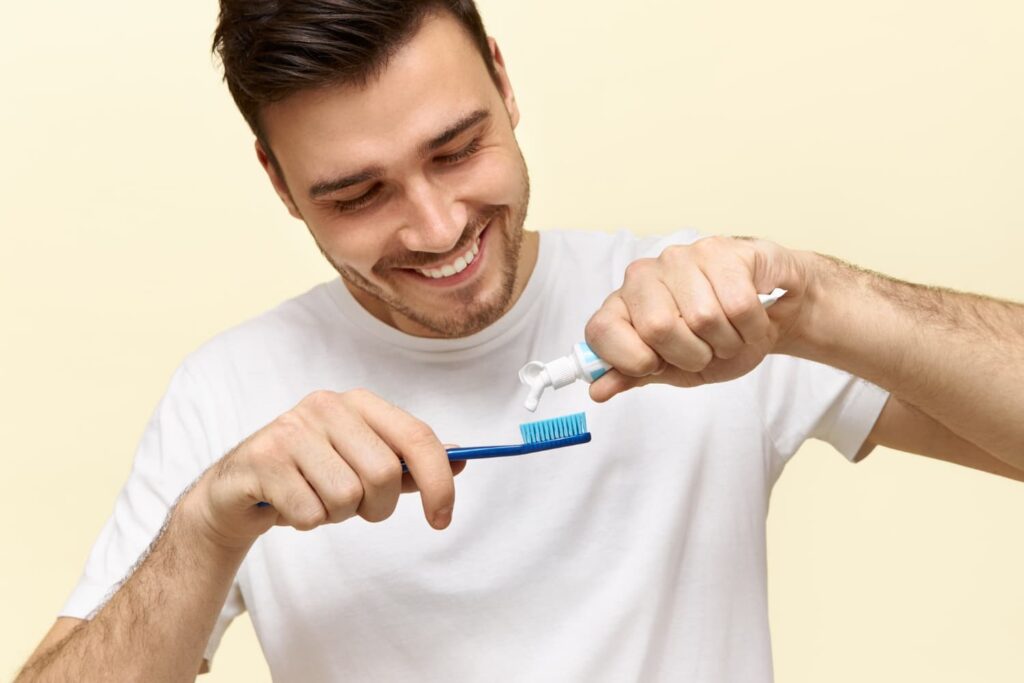
Effective teeth cleaning at home is a combination of regular and proper brushing, daily flossing, mouthwash usage, tongue cleaning, and smart dietary choices. When combined with regular professional dental visits, these habits ensure that your oral health remains excellent and your smile remains vibrant and attractive for years to come.
FAQs
1. How often should I brush my teeth?
Brush your teeth at least twice daily—once in the morning and once before bedtime—for two minutes each session.
2. Should I floss before or after brushing?
Flossing before brushing is generally recommended, as it helps loosen plaque and food particles, which can then be effectively removed when you brush.
3. Can I use mouthwash instead of flossing?
No. Mouthwash complements brushing and flossing but doesn’t effectively remove plaque or food particles between teeth, where flossing is essential.
4. What type of toothbrush is best for home cleaning?
A soft-bristle toothbrush or electric toothbrush is recommended, as they effectively remove plaque while being gentle on gums and enamel.
5. How can I naturally keep my teeth white at home?
Limit intake of staining foods and drinks, brush regularly, and incorporate crunchy fruits and vegetables like apples and celery into your diet to help remove stains naturally.
6. How often should I replace my toothbrush?
Replace your toothbrush every three to four months, or sooner if the bristles become frayed or damaged.
7. Are home whitening kits safe for teeth?
Home whitening kits can be safe, but professional teeth whitening under a dentist’s supervision is typically safer and more effective, minimizing risks like tooth sensitivity or gum irritation.

